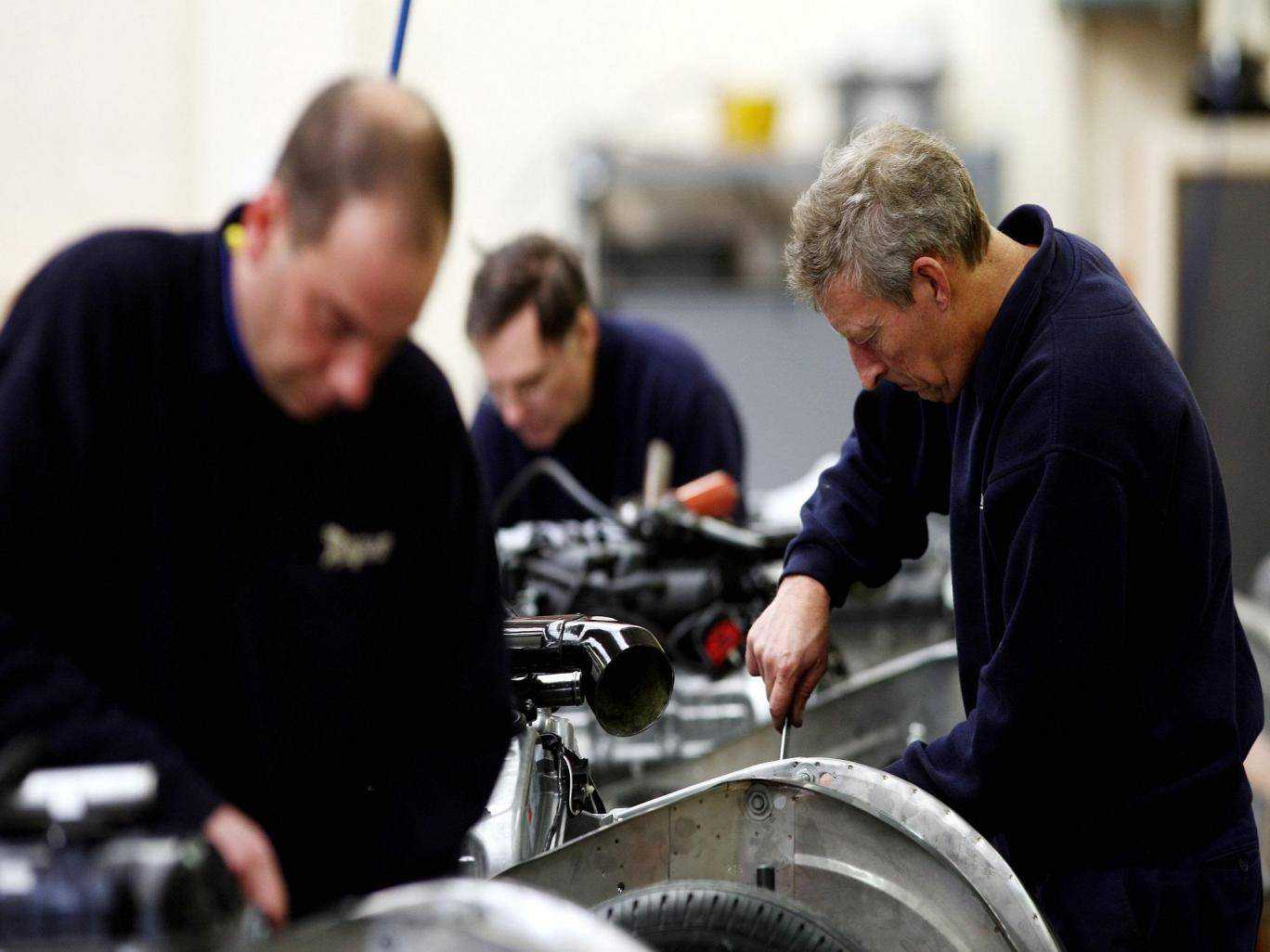Wages down as prices, profits soar. Corporate Britain has is it easy

British workers only need to compare their payslips with their bills to understand that the fruits of economic growth in this country are not being shared.
Throughout much of the expansion of the British economy since the financial crisis (it started go grow beyond the pre financial crisis high in 2013) wage rises failed to match the level of inflation. That started to change at the end of 2014, but the improvement was not sustained, and having started to fall again last year they remain resolutely underwater.
Corporate profitability? Well that’s a very different story.
According to the Office for National Statistics, it was running at 12.6 per cent for non financial companies in the third quarter of 2017. That compares with 11.4 per cent in the third quarter of 2007. In the aftermath of the financial crisis it fell to a low of 9.3 per cent in the second quarter of 2009, but after that the recovery was quite rapid.
Companies in Britain’s dominant services sector have it even better, with the stats showing that their returns broke through the 19 per cent barrier in the third quarter of last year.
Corporate Britain has been doing very well. So have its executives, at least judging by the High Pay Centre’s annual Fat Cat Day at which the average FTSE 100 CEO has been paid what it takes the average worker a year to make. It usually falls in the first week of the New Year.
But real wages, adjusted for inflation, for those average workers? Down by 4.4 per cent, the TUC says, over the period in question.
Now it’s not just through squeezing their workers that companies have been able to live the high life. The profitability figure I quoted is also affected by how much they choose to invest (not enough), and by the competitive pressures they face. It would suggest that the latter is insufficient. The consumer is taking a hit too. show all
1/9 Amazon shares increase
Jeff Bezos, Amazon’s chief executive officer, now has a net worth of $105.1bn, after Amazon share prices surged 6.6% per cent in the past year. According to the Bloomberg Billionaires Index Bezos is the richest man in the world, overtaking Bill Gates in October 2017.
2/9 Walmart raises minimum wage in the US
Supermarket giant Walmart raised the minimum wage for workers in the US to $11 and is also offering a $1000 cash bonus to workers. But not all staff will receive the full payment - only those that have worked for at least 20 years at Walmart are entitled to it.
3/9 Kodak launches its own cryptocurrency
Remember Kodak? The photography firm has jumped on the cryptocurrency bandwagon with its own 'KODAKCoin' digital token.
4/9 Supermarket staff accused of unwrapping Creme Eggs to find prize
Cadbury has released a series of white chocolate eggs for Easter that are worth £2,000. Shoppers have reported eggs being unwrapped and have accused shop assistants of unwrapping them in an attempt to claim the prize.
5/9 Million-pound home sales fall
Lloyds Bank has found that in the first half of 2017 the amount of properties selling for over £1m is down 1 per cent across Britain. The amount of £1m-plus sales in London has plummeted by 7 per cent compared to 2016 and is now at 6,613. Scotland saw the biggest decrease dropping by 35 per cent. Some areas of the country, such as Yorkshire and the North West, saw increases, but from a much smaller bases
6/9 Cryptocurrency created as a joke increases in value
Broken representation of the Bitcoin virtual currency, placed on a monitor that displays stock graph and binary codes, are seen in this illustration picture, December 21, 2017
7/9 Persimmon expects to exceed markets yearly expectations
The company, who recently paid their CEO a bonus of over £100m, completed 16,043 new homes in 2017, an increase of 6 per cent. The housebuilder now has an average price of £213,300, and has experienced a high demand over the past year. Their final results for 2017 are released on 27 February
8/9 Huge robbery at Shell’s biggest oil refinery
17 men have been arrested in Singapore after police seized millions of dollars during a raid while investigating a series of robberies. Nine men have been charged with theft and another two were charged with receiving stolen goods. Oil refining and shipping are huge industries for Singapore but the country is now struggling with crime attached to its oil trading hub.
9/9 Apple pressured to study effects on children
Two investors have raised concerns about the possible health risks of children being addicted to their phones. The investors have called for parents to have more control over limiting children’s time on phones and tablets, amid fears that spending too long on devices could have long term health effects.
With corporation tax having also steadily fallen, you could argue that corporate Britain has never had it so good. The economy works wonderfully well for it and it’s clear from these numbers that the scales have tipped too far in its direction.
The TUC is quite right when it says the British worker needs a pay rise. The British consumer also needs a price cut. The British economy, while growing, needs a great deal more investment. The official statistics are a demonstration of how well Britain works for the few and how badly it fails the many.
The imbalances that have created that situation need to be addressed. However, it will probably take a change of Government for that to happen.
